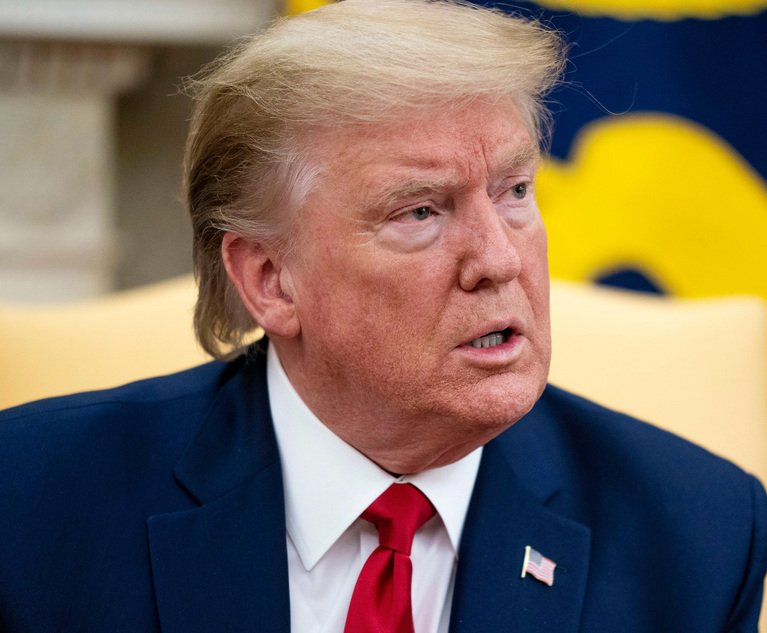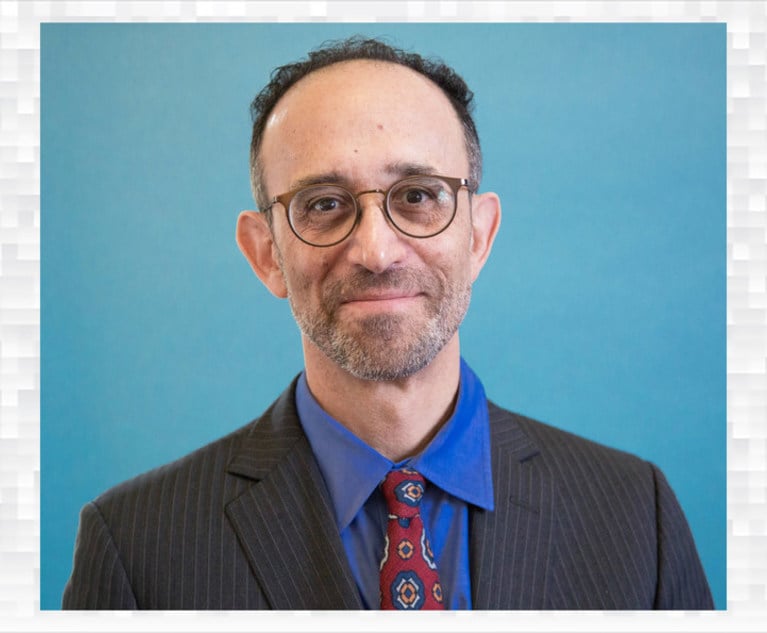“Attorney-client privilege is dead!” So declared then-President Donald Trump in a tweet after a 2018 law enforcement raid on his former lawyer Michael Cohen’s office. In fact, various investigations into the former president demonstrate that attorney-client privilege is not dead, but rather the crime-fraud exception to that privilege lives on.
Crime-Fraud Exception
 Sharon L. McCarthy
Sharon L. McCarthy
Attorney-client privilege is “the oldest of the privileges for confidential communications known to the common law.” Upjohn Co. v. United States, 449 U.S. 383, 389 (1981). The privilege generally protects from disclosure: (1) confidential communications; (2) made between lawyers and their clients; (3) for the primary purpose of obtaining legal advice. The privilege is not all-encompassing: for example, it only protects from discovery communications themselves, not the underlying facts. Further, the privilege can be waived if the communications are disclosed to a third party.
 Daniel Davidson
Daniel Davidson
This content has been archived. It is available through our partners, LexisNexis® and Bloomberg Law.
To view this content, please continue to their sites.
Not a Lexis Subscriber?
Subscribe Now
Not a Bloomberg Law Subscriber?
Subscribe Now
LexisNexis® and Bloomberg Law are third party online distributors of the broad collection of current and archived versions of ALM's legal news publications. LexisNexis® and Bloomberg Law customers are able to access and use ALM's content, including content from the National Law Journal, The American Lawyer, Legaltech News, The New York Law Journal, and Corporate Counsel, as well as other sources of legal information.
For questions call 1-877-256-2472 or contact us at [email protected]







